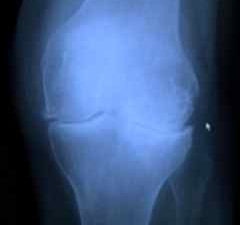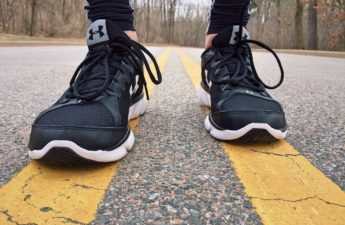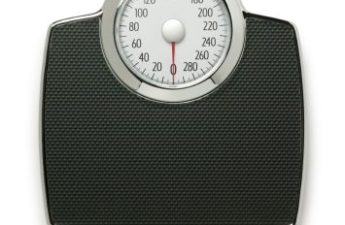Category: Fitness
US obesity rates continue to rise – CDC
Twelve states now have an adult obesity prevalence at or above 35%. This is up from 9 states in 2018 and just 6 in 2017. In Washington state, the rate was 285.
Making Gyms Safer: Why the Virus Is Less Likely to Spread There Than in a Bar
At NW Fitness in Seattle, everything from a set of squats to a run on the treadmill requires a mask. Every other cardio machine is off-limits.
Should I stop running if my knee hurts?
For some runners, especially older runners, the pain can be a symptom of osteoarthritis. But does running worsen knee pain and osteoarthritis?
To gaiter or not to gaiter?
Wear it, says a UW sports medicine doctor who runs. “Out in the community, any type of face covering is going to do fine,” he says.
Ability, not age, should be the only factor determining what exercise you do
Exercise at any age results in positive gains in muscle mass, muscle strength, bone density, and improvements to overall health – even in people as old as 97.
No time to exercise? Then this training programme might be for you
A typical HIIT session involves doing multiple intervals, or bursts of relatively short, intense exercise separated by rest or light exercise.
‘As many reps as possible’ workouts may work as well as HIIT
“As many reps as possible” or AMRAP training is highly versatile and can be adapted for a wide range of fitness levels and environments.
Should you sit on the floor?
Sitting on the floor vs sitting on a chair – which is better for you?
Why safely reopening high school sports is going to be a lot harder than opening college and pro ball
How can schools and club sports with limited resources can safely reopen?
Why your intermittent fasting diet isn’t working
Dieters ate more on non-fasting days because they knew food intake would be restricted the following day. They were also less physically active.
How to use your bathroom scale to find the right weight loss strategy
People who weigh themselves regularly are more successful at losing weight. But standing on a scale, in itself, doesn’t help people to magically lose weight.
State campgrounds in 22 counties to reopen June 1
Counties reopening for camping are all actively in Phase 2 of Gov. Inslee’s ‘Safe Start’ plan and have also been approved for camping by county officials.
Lockdown: how to stay fit at home
Research shows that being sedentary is bad for your physical and mental health, so staying active during this difficult time is important.
More steps, lower risk of death, study finds
In a new study, higher daily step counts were associated with lower mortality risk from all causes.
Hoping to get in shape for summer? Ditch the fads in favour of a diet more likely to stick
Looking past the quick fix and fad diets to longer-term solutions will improve your chance of keeping the weight off and staying healthy all year round.













